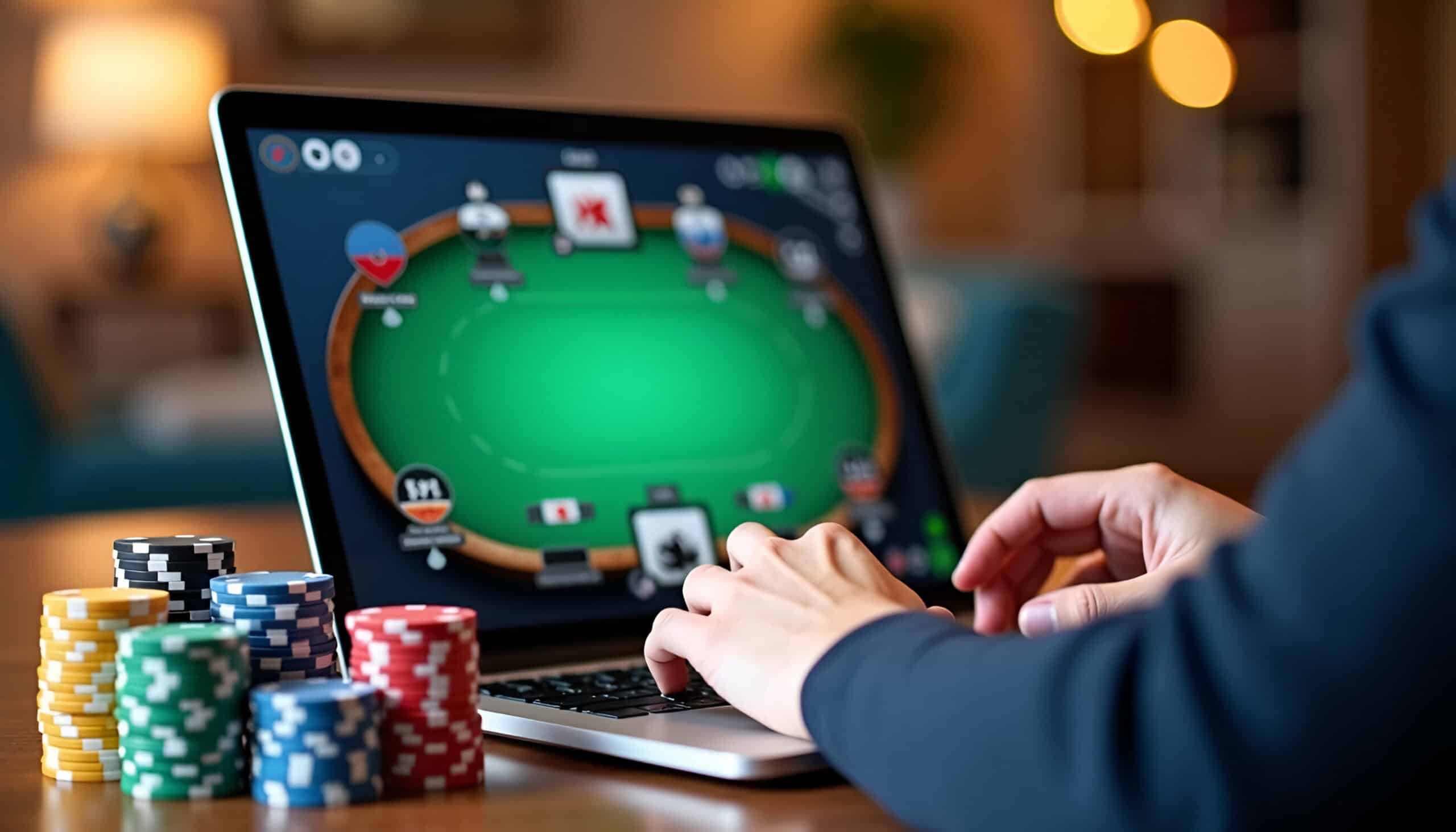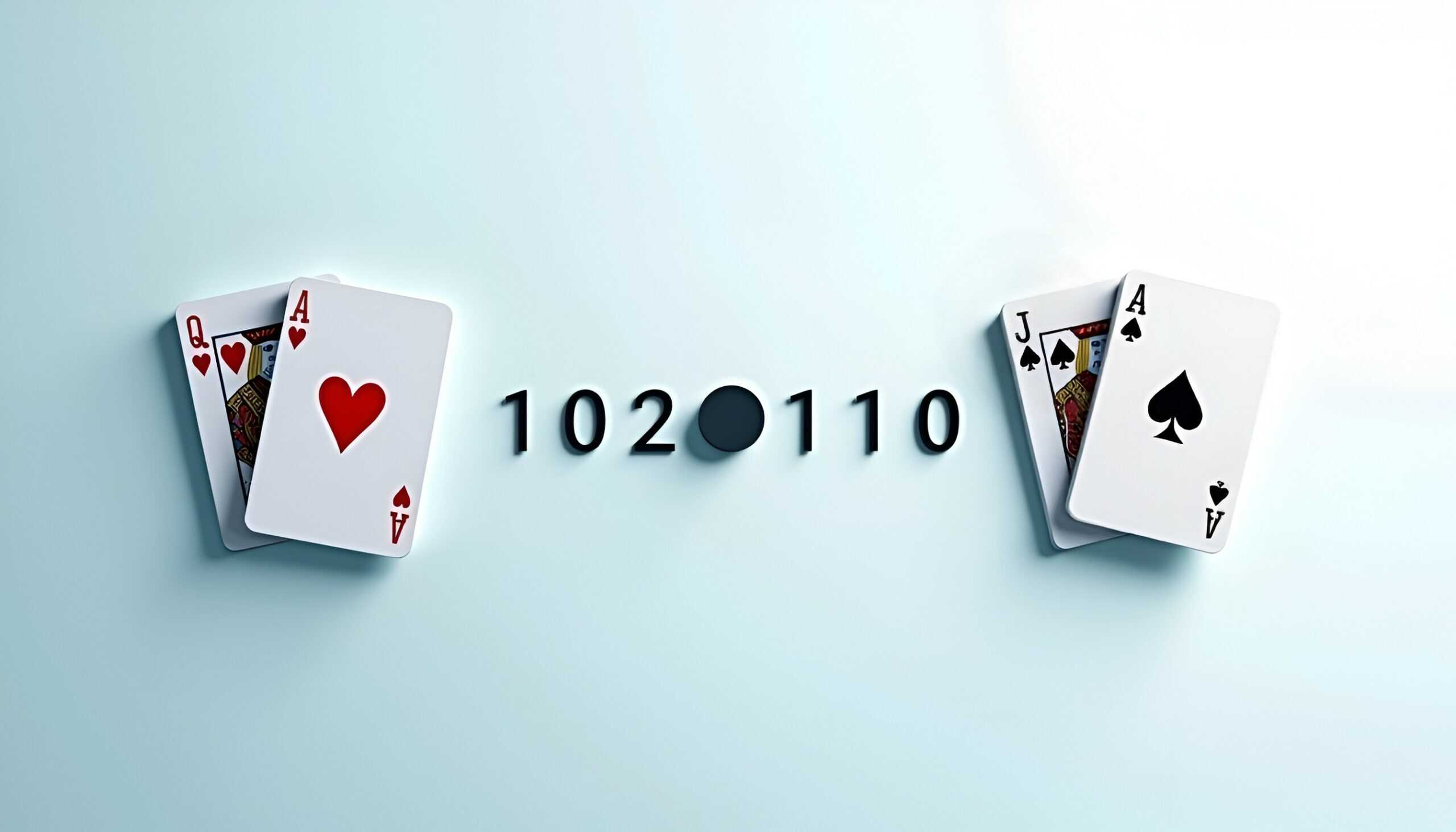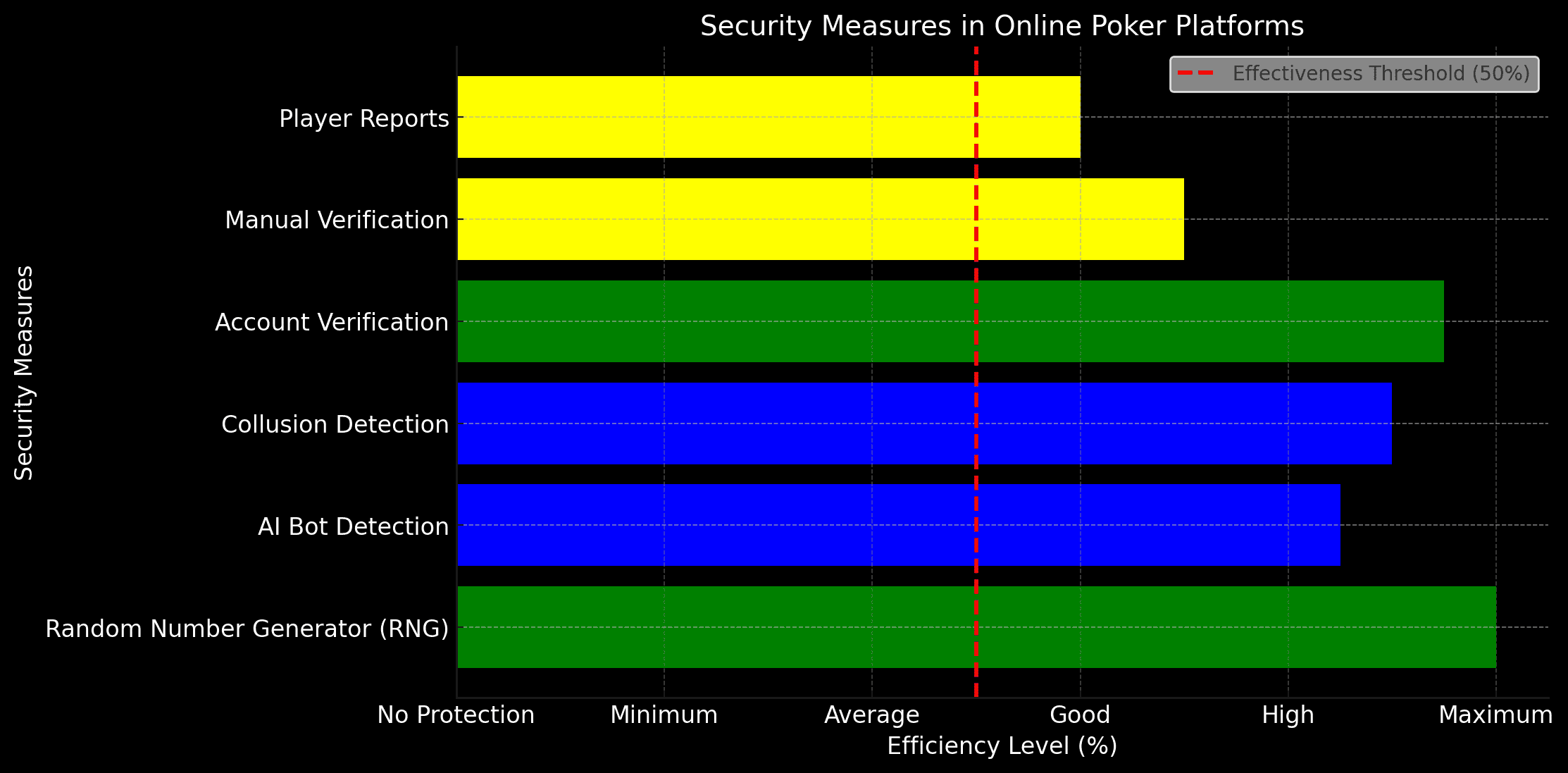
The Never-Ending Debate: Is Online Poker Rigged?
If You’ve Played Poker Online Long Enough, Then You’ve Heard It: “The Game Is Rigged!” Perhaps even yourself, following a nasty bad beat? But is any part of it real, or do such claims simply arise out of frustrated players? Let’s dissect them.
How Online Poker Truly Operates
For starters, legitimate poker websites run under heavy regulations. Reputable poker websites use Random Number Generators (RNGs) to shuffle and deal out cards, which make for a fair game. These RNGs are independently checked to guard against manipulation.
But here’s the kicker – online poker feels changed from live poker. You witness more hands per hour, and therefore, see more bad beats. In a casino, you can go unlucky a single occasion, twice a night at most. Online, in a single session, you can view a hundred hands, and therefore, such bad beats will feel increased.
So, is that conclusive proof that the game is rigged? Absolutely not. It’s mathematics.

The Actual Problems: Poker Bots and Collusion
Although the actual game isn’t rigged, that doesn’t mean that online poker is free of illicit activity. Online poker’s real danger comes in forms of poker bots and collusion.
Poker Bots: The Sneaky Predator
A poker bot is an AI-powered computer program that actually plays poker. Some of the best poker bots, such as Pluribus Poker and DeepMind Poker Bot, have proven capable of beating even the best human opponents. While such high-tech AI poker bots are utilized predominantly for studying, lesser AI poker bots are being utilized for cheating.
Are Poker Rooms Stuffing Chips in the Players’ Pocket?
How do poker rooms counterattack? They employ AI detecters to detect bot behavior, such as playing long sessions with no break or taking perfect mathomatic actions. Most sites have bot detect software and shut down accounts employing such cheating tools.
Collusion: Players Conspiring Together
Collusion is a problem, too. Players use offsite communications to pass information about hands. Playing against two opponents who covertly inform one another about hands is equivalent to playing against a single player with twice the information.
We monitor for collusion in terms of player bet behavior and aberrational play, but it continues to occur. Best protection? Play at well-established poker rooms that actively work to curtail this issue.

Psychological Deception: Poker Rooms “Tilting” You?
Although poker is not rigged, some claim that rooms use algorithms to produce “action hands” – hands that promote big bets and increased rake (the site takes a fee for hosting them).
For instance, have you ever seen wacky hands occur in big pot? Some believe it’s not chance, but a form of generating a high level of excitement. There’s no concrete evidence, but online poker seems more aggressive than in-person poker. Why? Players gamble with less regard for loss when not handing over cash.
Even when rooms don’t rig hands, they stand to gain when players go on a tilt. Loss of a big pot can make a player go on a tilt, and with it, losses will follow. Experienced players understand and manage emotions – for it is tilt that destroys bankrolls.
How to Not Get Conned Online
Although the games cannot be rigged, shady characters are present. Here’s how to protect yourself from poker conmen:
- Use HUDs and Tracking Software – Instead of cheating with software, colluders and bots, use legal tracking software such as PokerTracker to detect suspicious opponents.
- Play on Reputable Sites – Don’t use untried websites with poor regulation. Rule out untrustworthy rooms and go for well-established ones with security.
- Be Aware of Unusual Betting Patterns – If a player is consistently making perfect decisions or folding in critical times, then it is probably a bot.
- Report Unethical Behavior – Report suspicious behavior to site’s support group. Most platforms will issue a refund in case they detect foul play.
Verdict: Is Online Poker Rigged?
No, online poker isn’t rigged – at least not in licensed websites. Nevertheless, collusion, bot, and tilt are actual concerns that can make a player believe that a game isn’t fair. How to save yourself? Get better at your game, manage your emotions, and play at reliable websites.
So when your bad beat happens, wonder: Was it an actual rigged hand, or a run of bad fortunes? Because in poker, fortunes even out in the long run, but skill is actually key.

